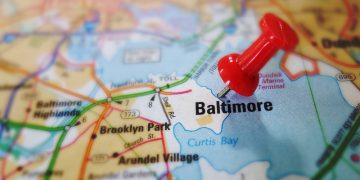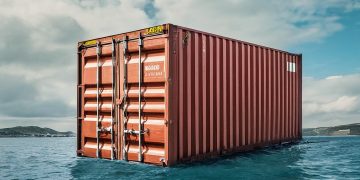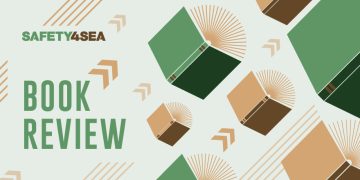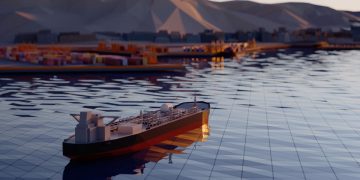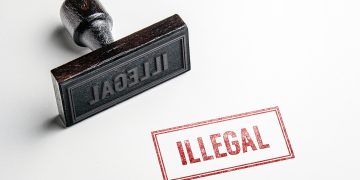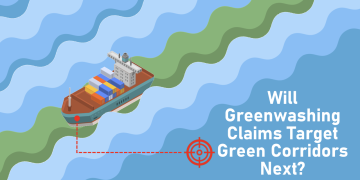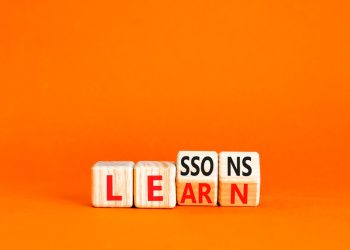In its latest Safety Digest, UK MAIB’s accident report is about the fatal incident of a deckhand; The crew of a fishing vessel was looking for the deckhand during their operations and found his body under the adjacent fishing vessel. The investigation revealed that the deckhand, the night before, attempted to urinate while drunk, which caused him to fall in the sea.
The Incident
During work morning operations, the crew of a fishing vessel that was berthed outboard of another vessel alongside in harbour, noticed that one of the deckhands was missing. A search followed, which resulted to the deckhand’s body discovered under an adjacent fishing vessel.
The night before, the skipper of a nearby vessel had escorted the deckhand back to the vessel. The boarding arrangements weren’t ideal, so the skipper had to watch the deckhand while he was boarding the vessel, crossed its deck and climbed onboard his own vessel.
In addition, the deckhand was last seen passing out of sight behind the wheelhouse.
The next morning, the investigation revealed that two of the deckhand’s fly buttons were undone. The examination found a large quantity of urine in his bladder and a high level of alcohol, which would have adversely affected his coordination, reaction time and perception of risk.
Concluding, the investigation showed that the deckhand was attempting to urinate over the side when he slipped or over-balanced and fell into the harbour. Thereafter he was unable to get himself out of the water. Although another crewman was in the wheelhouse at the time, he was absorbed making a phone call, and had not noticed his colleague boarding the vessel.
Lessons Learned
- Between 1994 and 2016, there were 24 fatal accidents involving fishermen boarding UK fishing vessels. Alcohol consumption was identified as a contributing factor in 17 of those accidents. While limited alcohol consumption may be acceptable in port, the high number of fatalities resulting from fishermen falling overboard while returning to their vessels under the influence of alcohol demonstrates a need for the fishing industry and port authorities to work together to address this issue.
- Living on board fishing vessels places additional safety and social responsibilities on the owner, and a consequent need to address all additional associated risks, including alcohol consumption. Risk assessments should cover all activities of the crew, including going ashore or returning on board from recreational pursuits. Fishermen have their own part to play in minimising risks to themselves, and this includes limiting their alcohol consumption. Even so, adopting an appropriate, formal alcohol policy in port can help emphasise this responsibility and so help ensure the safety and well-being of crew living on board.
- Monitoring movement of crew on and off a vessel can be easily achieved and ensure that someone is on hand to assist or raise the alarm in a timely manner in the event of an accident. In addition to assigning a dedicated crew member to remain on board for this purpose, ‘buddy’ systems provide an additional means for crew members to watch out for each other when returning together after an evening ashore






